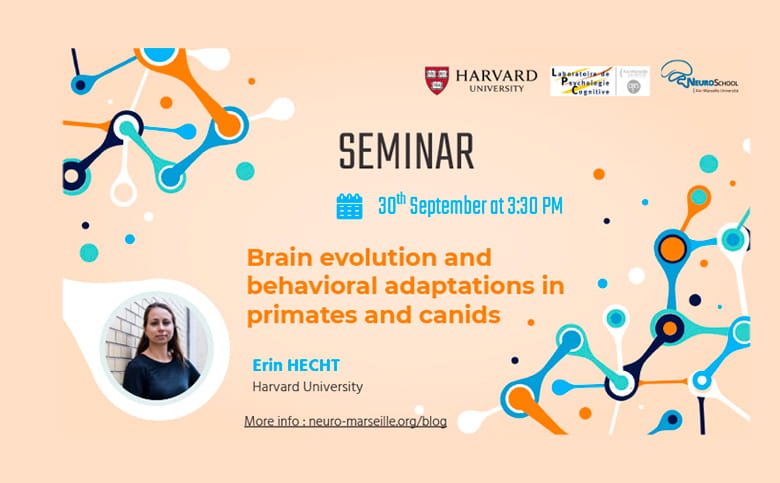Description de la soumission d'un avis

Ajouter au calendrier
Séminaire
Brain evolution and behavioral adaptations in primates and canids
par Erin HECHT, Université d'Harvard
Commentaires


